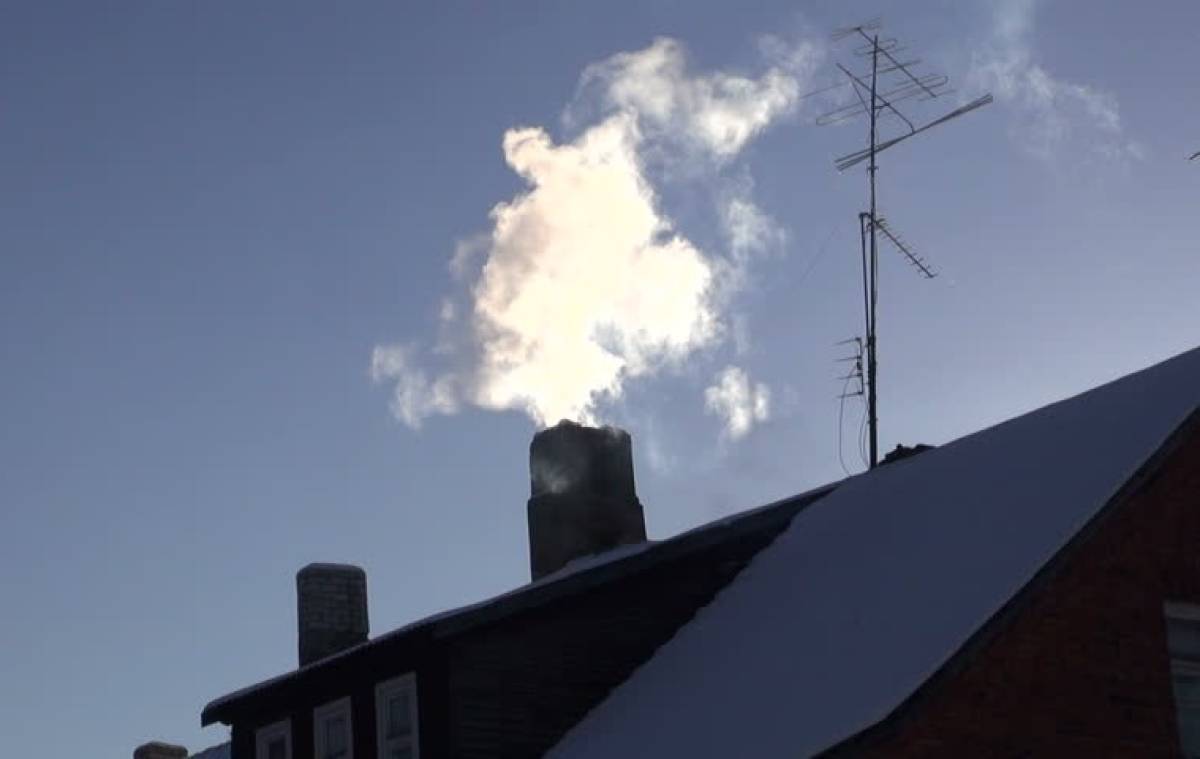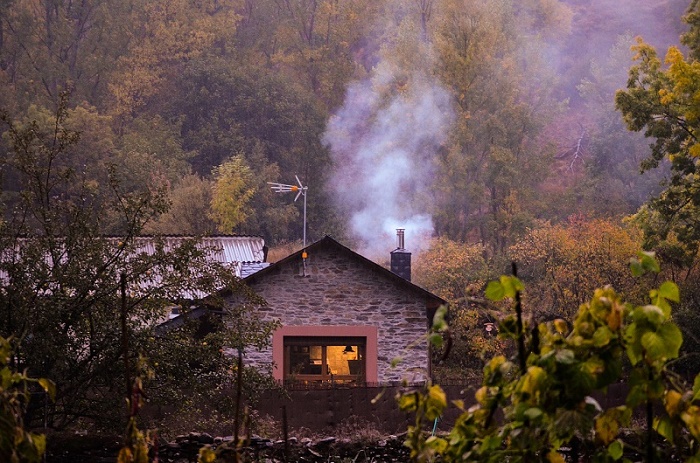The Route to Clean Energy in the Home

As the public conversation about climate change gets increasingly serious, and the UK moves forward with its ambitions to reach net-zero by 2050, private companies and government agencies are strategizing their way towards a more sustainable future.
But what can be changed at home to help push us towards this green goal? How can our homes become more sustainable?
In the UK, homes produce around 19% of the nation’s total emissions. Meanwhile, U.S. households generate 5.43 gigatons of carbon dioxide equivalent emissions every year. About 82.3% of those emissions in the US are produced domestically.
Here, we explore how our energy use can be reduced and improved, using alternative fuels and conservation techniques as the route to clean energy in the home.
The energy we use
According to the Committee on Climate Change, in 1990 households produced an equivalent of 12.8 tonnes of carbon dioxide, where home heating accounted for 27% of emissions.
To achieve the UK’s nationwide target of an 80% reduction in carbon dioxide by 2030, households must only produce 4.5 tonnes of carbon dioxide, which is a reduction of 65% compared to 1990.
However, home heating emissions are not falling as rapidly as other household consumptions. So, what can be done to further decrease home heating emissions?
For 1.1 million homes in the UK, and millions of other homes around the world, domestic heating oil is used to keep homes warm. You’re likely to find these homes in rural and off-grid areas. However, oil heating has a significant environmental impact.
Oil emits 20% more CO2 than the most common alternative option, LPG, which is recognized as a more efficient and affordable solution than oil to reduce the environmental impact of home energy.
For rural homes, an oil to liquid gas conversion can help reduce emissions. Liquified petroleum gas (LPG) has the lowest carbon dioxide emissions of any conventional off-grid fossil fuel.

The energy we save
Finding suitable fuel alternatives to heat our homes is key to reducing our environmental impact. But we also need to consider how we can save energy to boost our sustainable standing.
You can do more than just stick on another sweatshirt instead of popping the heating on. In fact, some simple home improvements can help you save energy and money.
A waste water heat recovery system (WWHRS) can help you to preserve some energy in your house that would otherwise go to waste.
Do you enjoy a nice hot shower? Well, why should we let all the energy stored in the water go down the drain? A WWHRS extracts about 60% of the heat from waste water, reducing the work of your boiler to heat your home.
Even simple insulation in your home can massively reduce heat and energy waste. Consider where heat can escape – floors, doors, windows, and walls are all culprits. Using insulation around your house, under floorboards, and in the loft can help reduce wasted heat.
Around one-third of home heating is lost through uninsulated walls. Insulation could save you money and lower your environmental impact.
As our homes become smarter, so can our energy consumption. With the introduction of smart thermostats, a homeowner can control their energy usage from their smartphone, no matter how far away they are from their home.
That means that users can delay their heating coming on if they are going to be late back, for example, reducing how much energy is wasted in the long run. Plus, some smart thermostats can detect potential energy-wasting issues, such as draughts, meaning these can be addressed to further boost energy efficiency.
In Conclusion
We all need to do our bit to help the world become a more environmentally friendly place. This journey starts at home.
As energy consumption dominates emissions, we must do more to help reduce our environmental impact.
Reducing our energy consumption and emissions through using cleaner fuels or efficient energy-saving installations will help massively in this regard.












![Over 50% of American Adults Have Not Read a Book in Past Year [Study]](/sites/default/files/styles/video_thumbnail_bottom/public/older-man-reading-book-in-library.jpg?itok=m7DlbWgZ)







